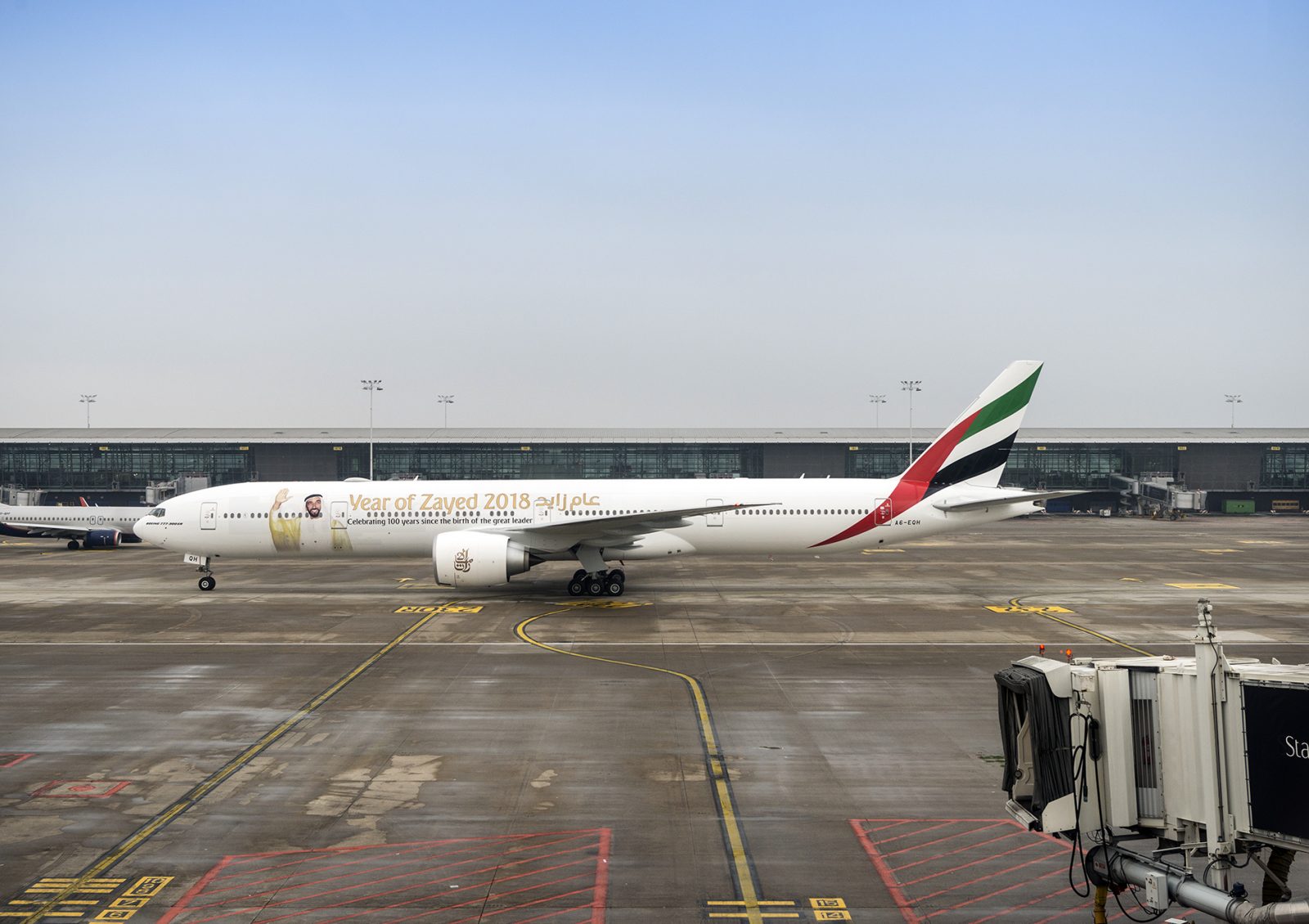
In the last couple of years, major U.S. airline’s including American Airlines, Delta and United Airlines have been campaigning hard against what they see as the unfair business practices of the big three Middle East airlines – Emirates, Etihad and Qatar Airways – the so-called ME3.
Under the banner of a lobbying group called the Partnership for Fair and Open Skies, the airlines and affiliated groups have accused the ME3 of receiving massive illegal state-owned subsidies. Despite making record profits, the U.S. airlines say those subsidies create an “unlevel playing field” which they simply can’t compete with.
As a result, a lot of focus has been made of the Open Skies agreements that the U.S. government has with the UAE and Qatar where the ME3 are based. When they were first signed, the agreement’s effectively deregulated commercial aviation with the intention to increase competition.
The likes of American, Delta and United are free to operate as many flights as they wish to the UAE and Qatar. In return, Emirates, Etihad and Qatar Airways have free access to the U.S. market. The problem is that U.S. airlines no longer fly to either the UAE or Qatar – they claim because they can’t compete on price or service with the ME3.
Of course, not everyone is in agreement – the ME3 say they haven’t received illegal subsidies at all and operate their airline’s like any other. They counter that the money from their government’s investment corporations have been investments that need to be repaid like any other.
In fact, all three Gulf airline’s have launched high profile campaign’s arguing that their businesses support thousands of U.S. jobs and contribute millions of dollars to the economy.
Frequent flyers have also praised the likes of Emirates for putting passengers at the core of their business model – and pushing U.S. airlines to at last invest in their product and services.
Captain Dan Carey: “It’s time to stand up to this abrogation of our Open Skies agreements. Full and equal compliance is the responsibility of all participating parties.” https://t.co/a94F9Jetjp
— Allied Pilots (@AlliedPilots) December 12, 2017
At the same time, not every American carrier shares the same views against the ME3. New York-based jetBlue and cargo companies like FedEx and Atlas Air support the current Open Skies agreements. They’ve formed their own lobbying group to push back against the anti-ME3 brigade.
Under President Obama, the Partnership for Fair and Open Skies didn’t get much traction, but many observers expected the Trump Administration to come down hard against the ME3. Yet when the President came into office he was initially reticent to get involved.
Now, it seems like a small but significant victory is going to those who want to see the Open Skies agreement’s rewritten.
Although the U.S. State Department is so far refusing to comment on the matter, the Partnership for Fair and Open Skies has released a statement saying they have now met with officials to discuss the issues.
The statement read’s as follows:
“This morning, U.S. airline representatives and union leaders met with officials from the U.S. State Department to discuss the United States’ Open Skies agreements with the United Arab Emirates and Qatar.”
Jill Zuckman, the group’s lead spokesperson said of the meeting: “We applaud the Trump administration for taking action to level the playing field with the Gulf carriers and their massive government subsidies.”
“Their activities are harming American jobs and the U.S. aviation industry and we appreciate that the administration is acting to resolve these issues with the governments of the UAE and Qatar.”
A pilot’s union for Southwest Airlines also released a statement, confirming the meeting had gone ahead, saying they “thanked” the Trump Administration for initiating talks with the government’s of Qatar and the UAE.
So far, none of the Gulf airlines or their respective government’s has publicly commented on the meeting. Whether there’s any chance of the U.S. implementing a system like Canada which limits the number of times a foreign carrier can fly to their country is still a long way off.
Mateusz Maszczynski honed his skills as an international flight attendant at the most prominent airline in the Middle East and has been flying ever since... most recently for a well known European airline. Matt is passionate about the aviation industry and has become an expert in passenger experience and human-centric stories. Always keeping an ear close to the ground, Matt's industry insights, analysis and news coverage is frequently relied upon by some of the biggest names in journalism.







